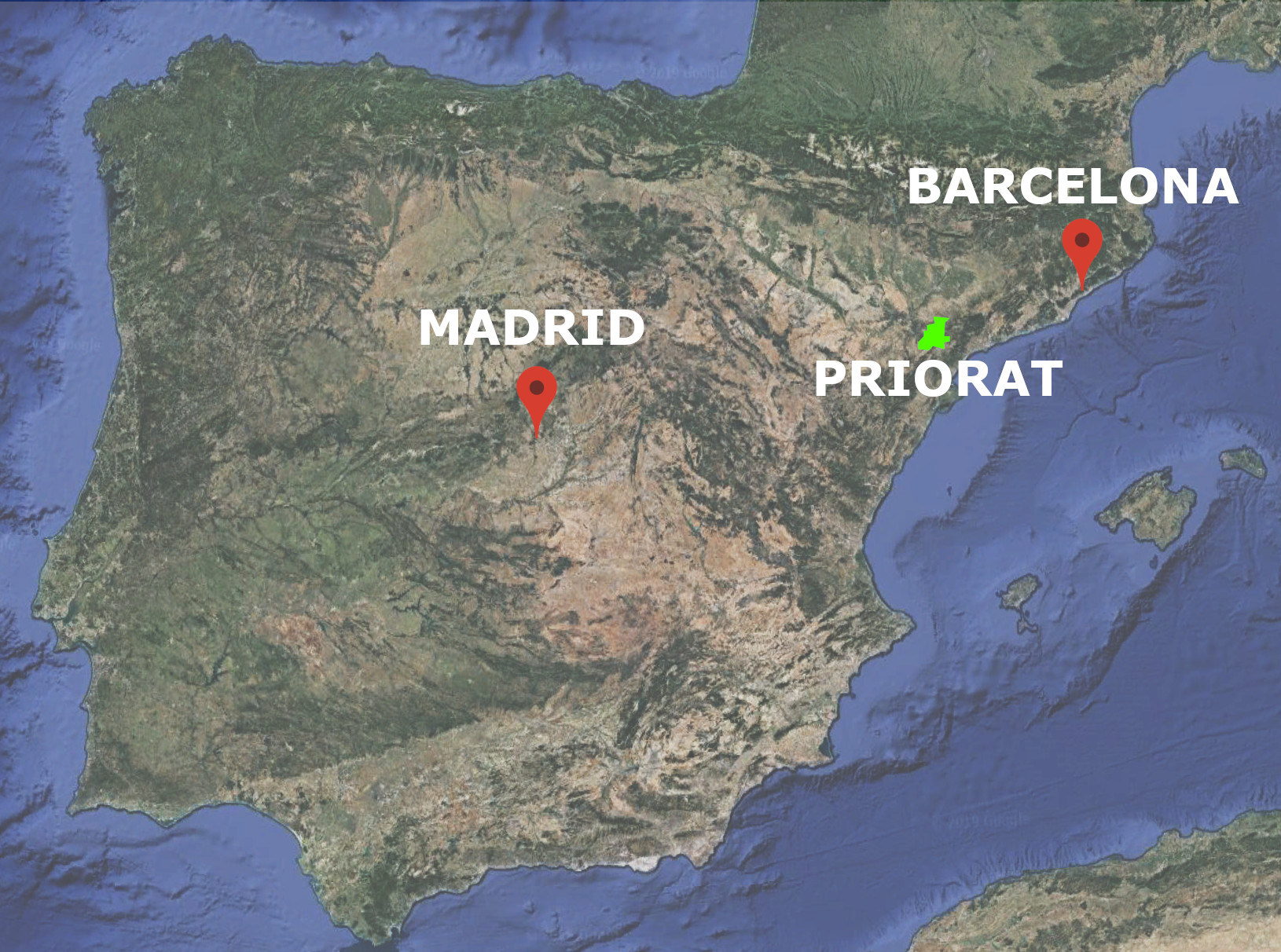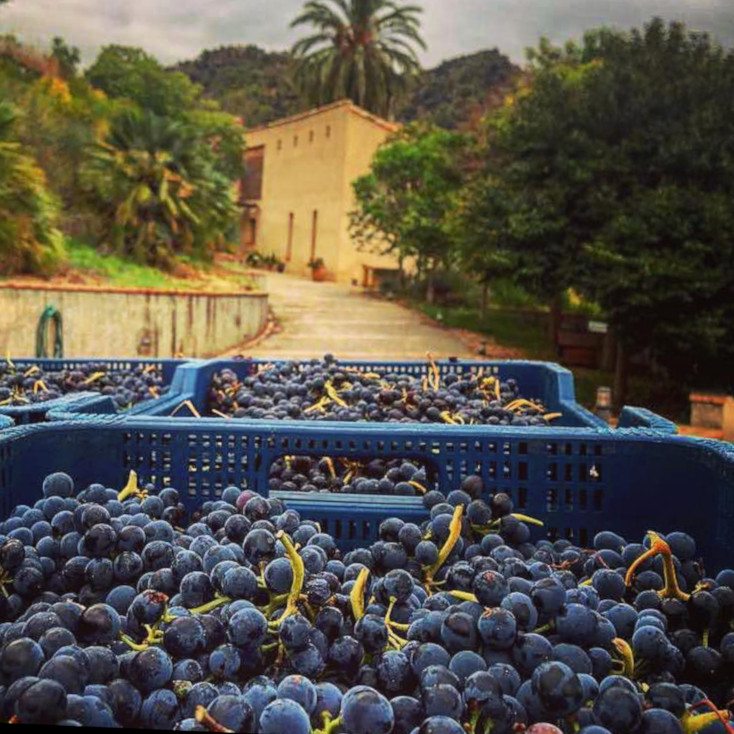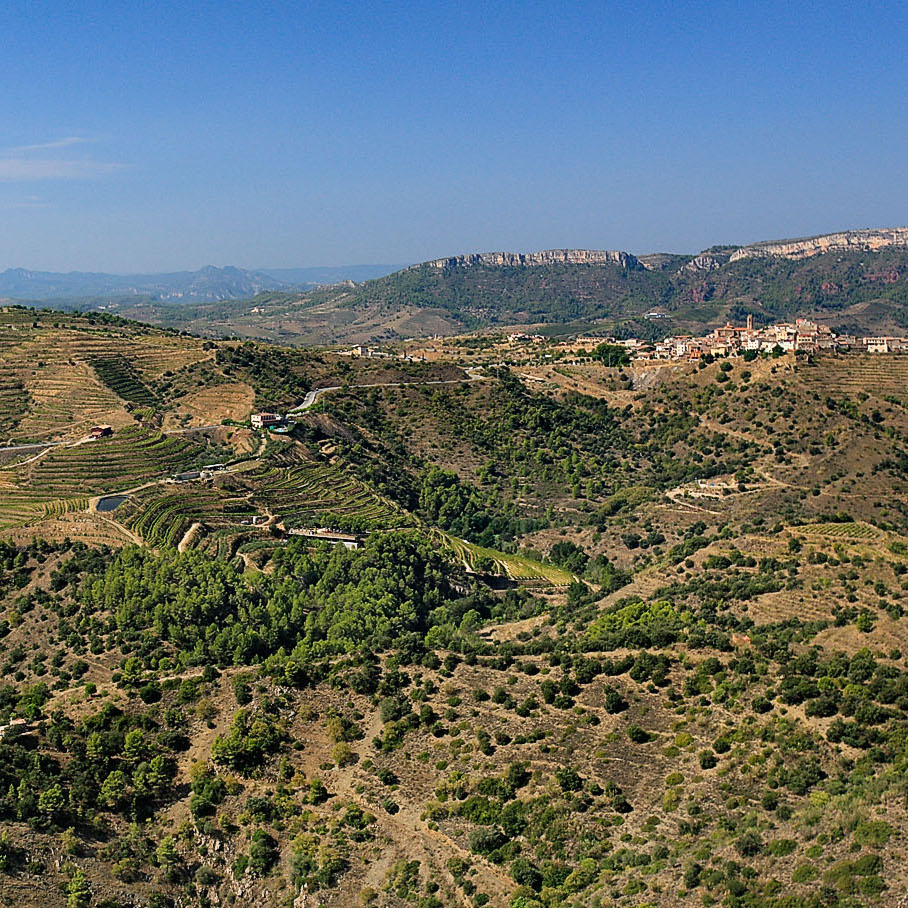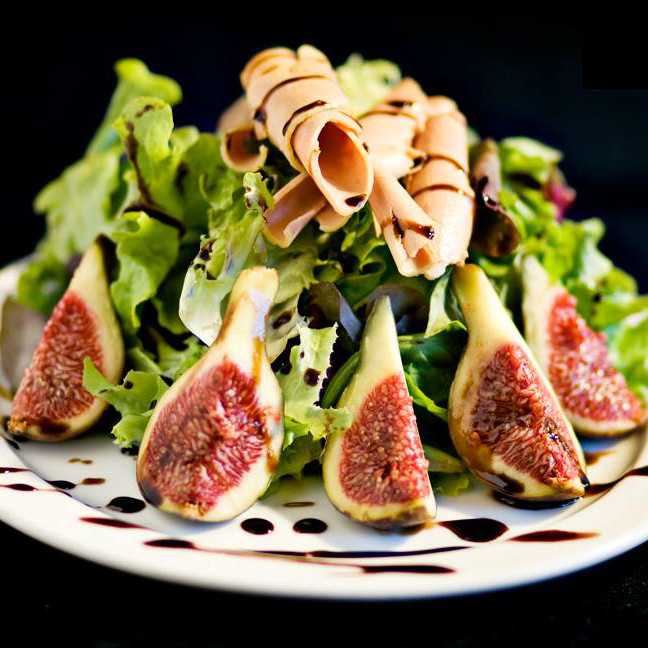 Old World Wine Experience
Old World Wine ExperienceLocated just south of Barcelona in the province of Tarragona, the Priorat wine region stands amongst ragged old mountains in one of the driest and hottest areas of the country. In this rustic area from another time, it seems that only vines and olives find a way to grow here. The vines that adapt to this climate produce beautiful and concentrated wines with unique flavour profiles.
The Priorat region underwent an incredible revolution in growth and recognition in 1989 when the prestigious French producer René Barbier teamed up with another wistful winemakers and viticulturists. Together, they looked back to the ancient past of Priorat and recognized the incredible potential of this region. These winemakers pioneered what Priorat has become today. However, the history of wine in Priorat goes back much further. In the XII century, the Carthusian monks landed in Priorat and create the Cartoixa Escaladei, a Carthusian monastery. They planted vines in the area using the knowledge gained in the southern French region of Provence. During our time in Priorat, we’ll visit the well-preserved ruins of this original monastery.
The unique terroir (known as llicorella) has a volcanic origin, giving the wine unique features. The soil sits upon reddish and black slate bedrock with small particles of mica and quartzite that conserve and reflect the heat. However, in this extremely dry region the clay that is hidden between the layers of slates is essential to holding water during the long summers.
Another distinguishing feature of Priorat are its very old vines, especially Cariñena. Some of them are close to 100 years of age. These old vines produce smaller berries that will produce firmer and more structured wines with more intense flavours.
With all this history, a breathtakingly beautiful location and unique terroir, Priorat winemakers continue to steadily produce wines that impress national and international critics.

Priorat is located about 2 hours from Barcelona by car.
Priorat has several different microclimates. The climate is more extreme than most continental areas although there are marked contrasts between valleys and highlands. There are cold northern winds, but these are buffered by the Montsant massif, and the warm Mistral blows in from the east. Summers are long, hot and dry with temperatures reaching 35°C while winters are short but cold, usually below 10°C. Rainfall is scant, with an annual rainfall of 400-600mm.
A traditional Priorat red wine has black plum, black cherry and cassis flavours. The unique llicorella (slate) soils of the Priorat region impart a unique touch of minerality and black stone. Aging in new French oak adds wood, cedar and spiciness to all these aromas and flavours.


Rabbit, escargots, wild mushrooms (especially the níscalos - Saffron Milk Cap - from the nearby Montsant mountains). Cod and romesco a specialty sauce made with nuts, olive oil and local vinegar.
Mas Martinet was founded in 1986 by José Luís Pérez, an oenologist and teacher known for being one of the main characters in the revival of Priorat in the '80s. Nowadays, José's dauther Sara Pérez is the enologist heading the winery. She follows the principles of the organic agriculture to create wines which are a pure reflection of the terroir. Mas Martinet is located between the towns of Falset and Gratallops in one of the best areas of Priorat. Their winemaking techniques, grape varieties, history and principles make Mas Martinet a great example of classic Priorat.
Clos Martinet is their most celebrated wine, made with Garnacha, Cariñena and a small percentage of Syrah and Cabernet Sauvignon. This is an excellent example of a classic Priorat wine.

Offering one of the best visitor experiences, Perinat winemakers follow the “author” culture by creating unique vines with their own personality. These wines are closely tied to the name of their winemaker and are seen as a form of art. These state vineyards encompass three completely unique and distinct microclimates within the ancient Priorat region. This site diversity allows Perinet winemakers to add complexity within their blends.
Their vineyards are built on technologically advanced terraces making Perinet an example of a modern winery located in a very traditional region. You will experience this interesting contrast during your visit.

From a historical perspective, Clos Mogador is probably the most important winery in Priorat. Located in Gratallops was founded in 1979 by René Barbier III and his wife Isabelle Meyer. It’s one of the Five Labels of the new wave of Clos wineries that released their first joint vintage in 1989 to international praise bringing prestige to the wine region. Clos Mogador continues to receive praise and is one of the best-known brands in the region. Nowadays, René's sons Christian and René take care of the vines and the winemaking process.
The vines of Clos Mogador are located near the river Siurana in an extended amphitheatre where you can enjoy and admire the Priorat terroir. Their wines are delicate but with a firm structure and a long finish. Their Reserva wine is the star of the winery, receiving 98 Parker points in 2005 and 2012. Clos Mogador wines are in continuous evolution and in the right conditions, their Reservas can age for decades, developing layers of flavours and aromas.

La Conreria D'Scala Dei is located next to the ruins of the old Monastery. The talented Jordi Vidal founded the winery in 1997 along with with two friends. Les Brugueres, their main vineyard area, produces deep, intense unique wines attributed to its centenary vines.
Jordi Vidal will show us the winery and tell us about his wines while we we taste them directly from oak barrels and from the bottle. Jordi will take us to the winery terrace for a deep explanation about the llicorella soil while we looked enjoy the amazing views of Priorat.
La Conreria D’Scala Dei is one of the very few wineries in Priorat known for their white wines. Oftentimes overshadowed by the red blends, Garnacha Blanca produces delicious, single-varietal whites that they are worth discovering. Jordi can proudly say that in terms of regional white wines, he has taken the lead.

At Terroir al Limit, the wines are kept to their purest expression. Carefully selected plots of Garnacha and Cariñena are individually expressed through a collection of site-specific wines. Dominik Huber is the mind behind Terroir al Limit. When he was only 18, he discovered his passion for wine while travelling with a reputable chef to Italy's best gastronomy spots and wineries. After finishing University, he started working in Mas Martinet and learned the history, culture and traditions of the Priorat wine region. In 2001, inspired by the winemaking traditions of Burgundy, Dominik opened Terroir al Limit.
Terroir al Limit has fully embraced a biodynamic approach to viticulture, coupled with a non-intrusive winemaking style that favours whole-bunch fermentation and concrete or amphora ageing as an alternative to oak. Les Tosses 2016 is an embodiment of their philosophy, with a measured structure with flavours of cherry and a deep minerality. Well-balanced with a long finish, it is a pure expression of their terroir.

Dominik Huber of Terroir al Limit is the owner of this historical guest house with eight elegantly-furnished rooms. It was built throughout the 16th and 18th centuries and still impresses with its almost unaltered display of Baroque and Renaissance features. Long ago, it was administered by monks. We’ll celebrate a dinner paired with wines from Terroir al Limit which we will select ourselves, with the assistance of the winemakers.

Located in an old monastery from the XII century at the foot of Sierra del Montsant, this restaurant offers what chef Mattia Turchet calls a sensory experience. Their cuisine is prepared with all local products from Priorat and represents the essence of the region and its traditional cuisine. Mattia Turchet has international experience in Michelin star restaurants in Italy and North America and has worked side by side with the Spanish chef Ferrá Adriá, considered one of the best chefs in the world.

Situated in the small village of Poboleda Brots is the creation of Pieter Truyts, a Belgian chef who wanted to give a more European perspective to the traditional Catalonian cuisine. Well known for cured meats and fish, they will build a tasting menu for us based on their regional seasonal ingredients and we will enjoy this tasting menu with their personal choice of Priorat wines.

“The love for the land” is how Toni Brut, sommelier and head of the kitchen, defines the philosophy of his food. The cooking is rooted in Priorat with influences from the Ebro Delta. The quality of the raw ingredients is a priority. The menu changes seasonally but the outstanding salads, rice dishes and the meat dishes of the area are always available.
